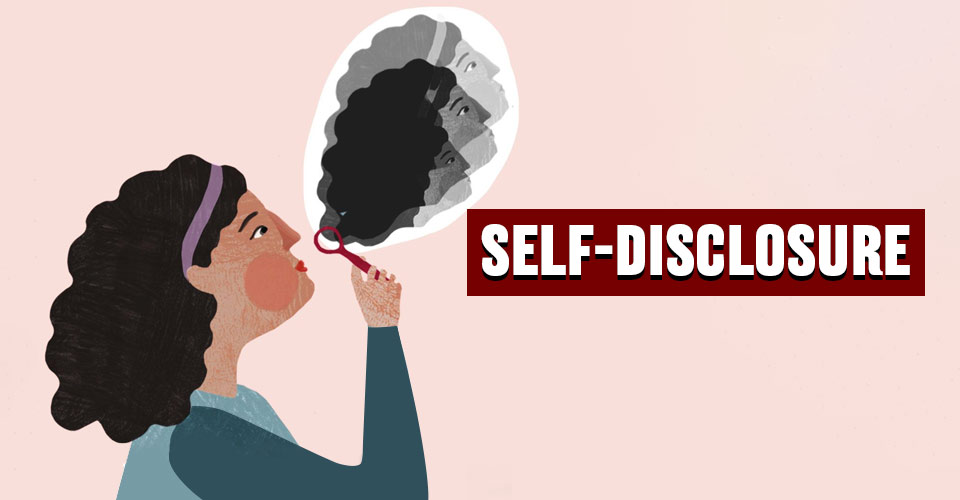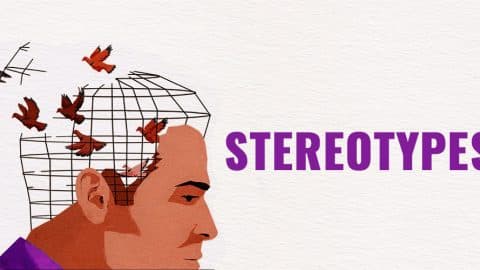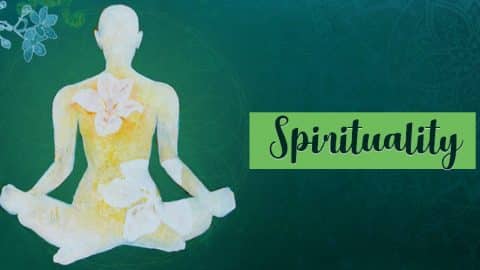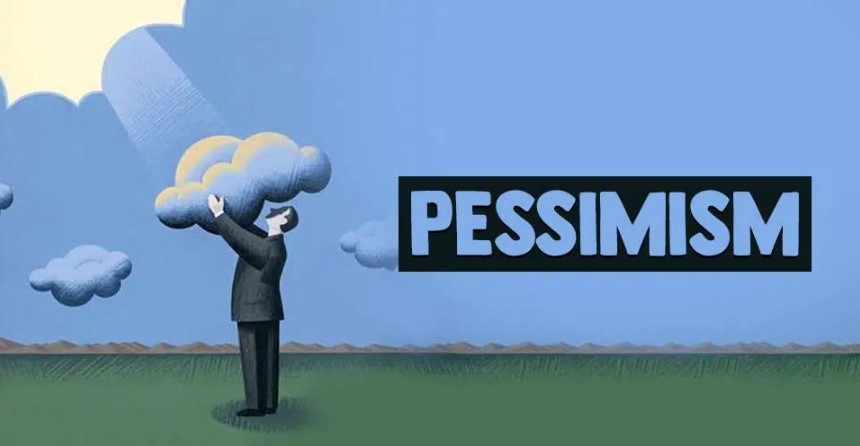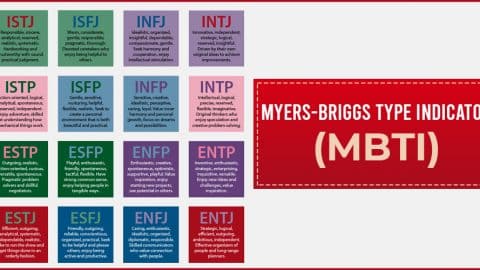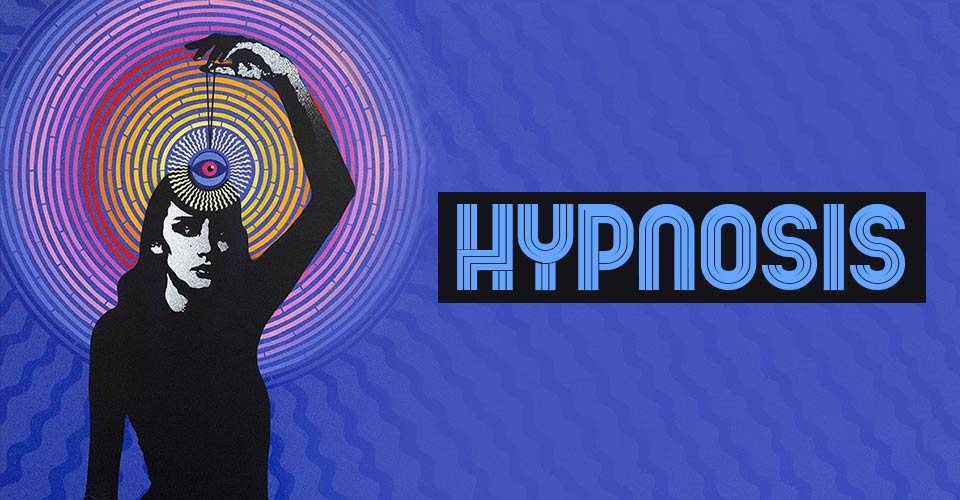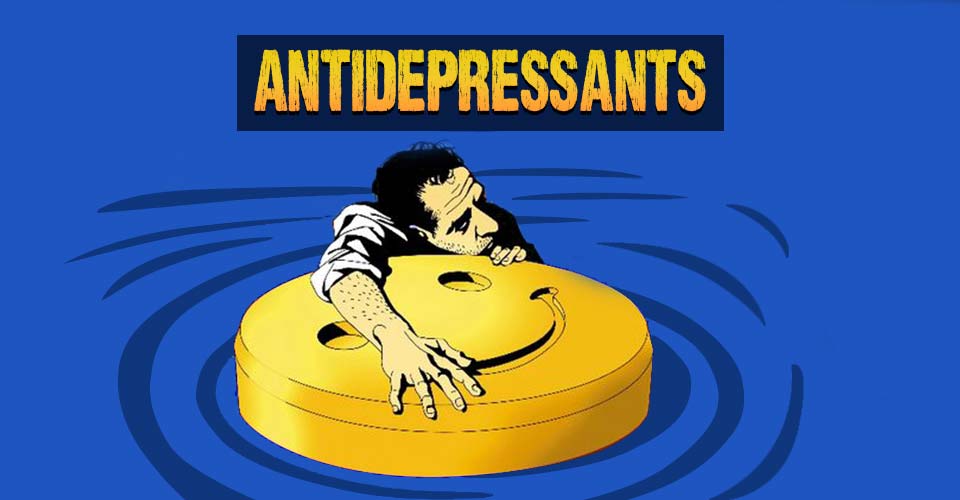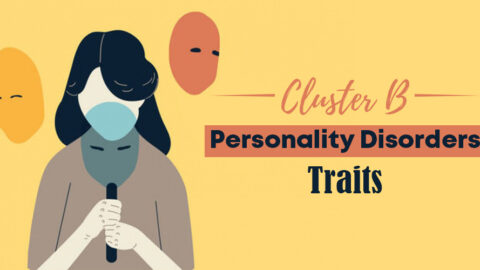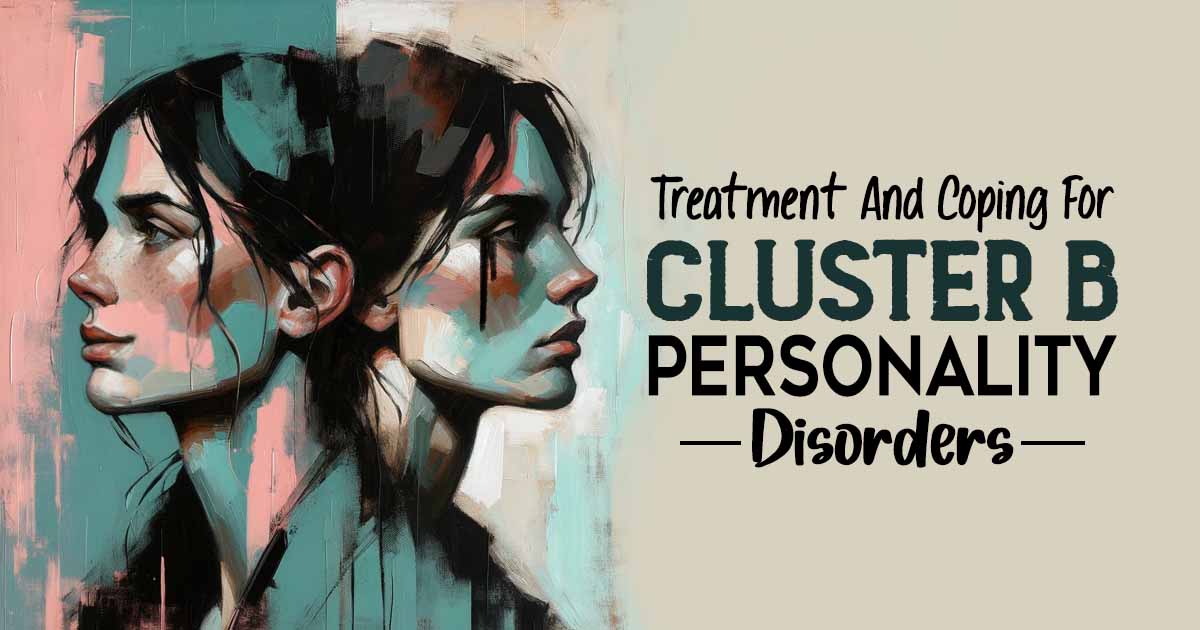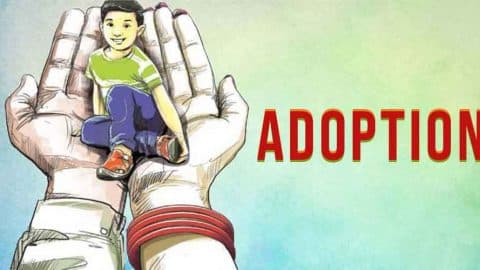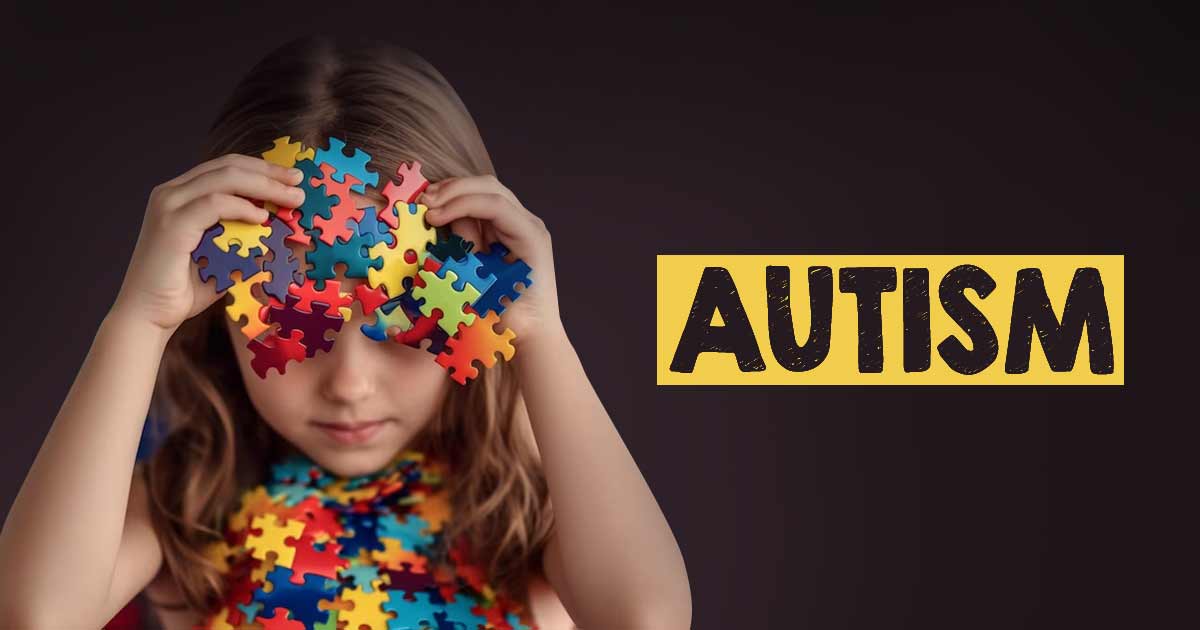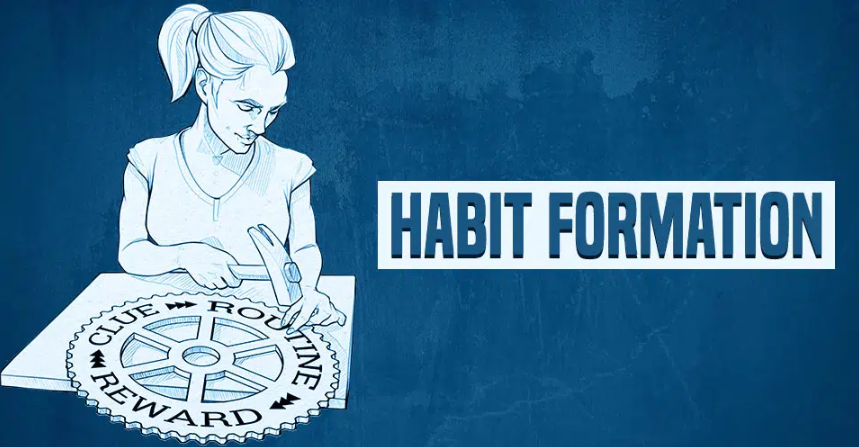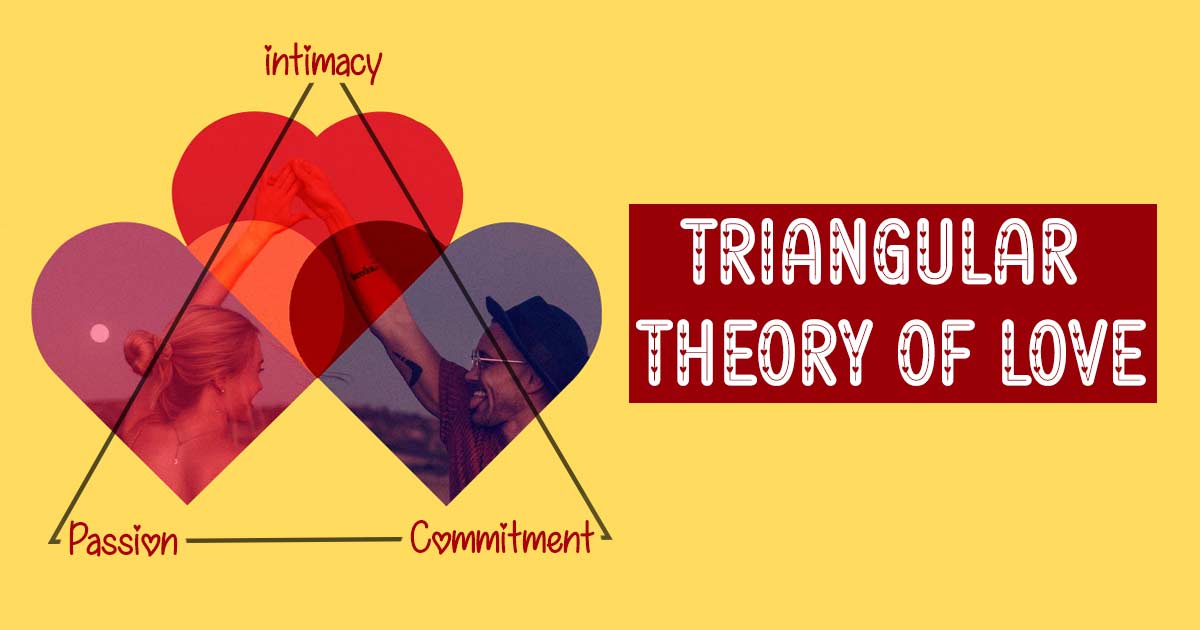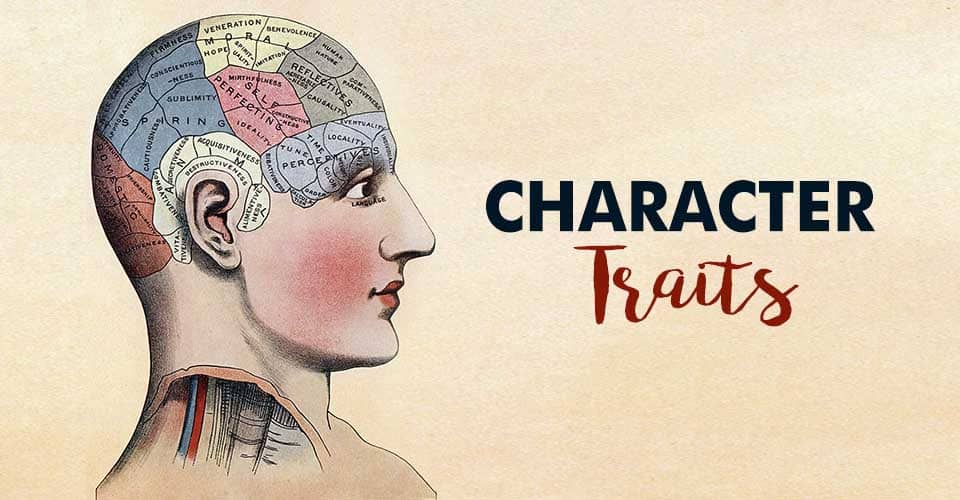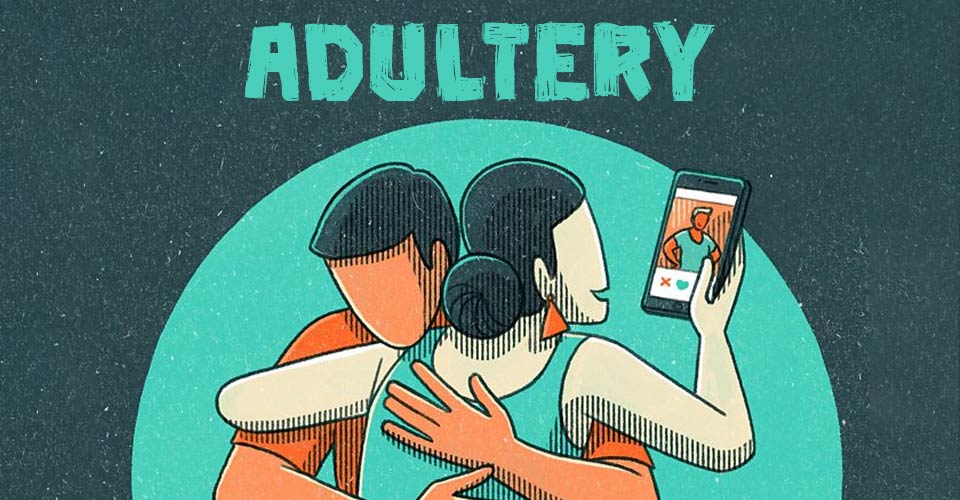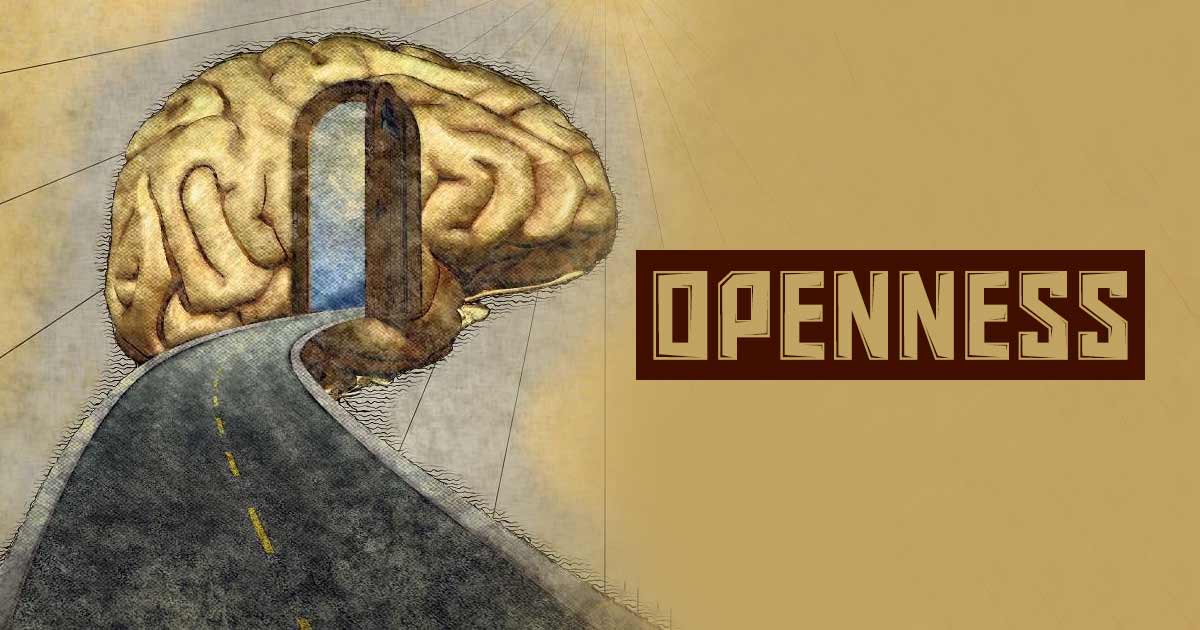Self-disclosure is the act of revealing personal information to others. It can be used to build trust, deepen relationships, and foster intimacy. However, excessive or inappropriate self-disclosure can lead to discomfort, damage relationships, and have negative consequences on mental health.
What Is Self-disclosure?
Self-disclosure (SD) is generally defined as the act of revealing personal information to others. It may include information about interests, leisure, daily experiences, and so forth or health and disability disclosure to a medical or legal professional.
SD is an important aspect of building and maintaining relationships 1 Yang, D., Yao, Z., Seering, J., & Kraut, R. (2019). The Channel Matters: Self-disclosure, Reciprocity and Social Support in Online Cancer Support Groups. Proceedings of the SIGCHI conference on human factors in computing systems. CHI Conference, 2019, 31. https://doi.org/10.1145/3290605.3300261 , as it allows individuals to establish trust, deepen intimacy, and foster a sense of connection with others.
However, it is important to practice healthy self-disclosure to avoid potential negative consequences such as crossing personal boundaries, violating privacy, or damaging relationships.
A balanced self-disclosure 2 Arroll, B., & Allen, E. C. (2015). To self-disclose or not self-disclose? A systematic review of clinical self-disclosure in primary care. The British journal of general practice : the journal of the Royal College of General Practitioners, 65(638), e609–e616. https://doi.org/10.3399/bjgp15X686533 is an indication of stable personality traits, good psychological adjustment, and overall mental well-being. It is associated with positive self-esteem and a desire for social connection and acceptance.
Thus, such feelings can lead to a greater sense of belongingness with others and enhance a sense of happiness and fulfillment.
Read More About Self-Esteem Here
Examples Of Self-disclosure
Self-disclosure can be verbal and non-verbal. Verbal self-disclosure involves sharing our thoughts, feelings, preferences, ambitions, hopes, and fears through spoken language. Such self-disclosures occur during therapy sessions or conversations with a loved one.
On the other hand, nonverbal self-disclosure 3 Walsh, A. C. (2017, December 31). “I see what you’re saying”: examining self-disclosure and nonverbal communication in digital environments. Mountainscholar.org. Available from: https://mountainscholar.org/handle/10217/193112 occurs through our body language, clothing, tattoos, jewelry, and other visual cues that offer insights into our personalities and lives. This type of self-disclosure usually happens over the Internet or social media platforms 4 Ostendorf, S., Müller, S. M., & Brand, M. (2020). Neglecting Long-Term Risks: Self-Disclosure on Social Media and Its Relation to Individual Decision-Making Tendencies and Problematic Social-Networks-Use. Frontiers in psychology, 11, 543388. https://doi.org/10.3389/fpsyg.2020.543388 .
Read More About Personality Here
What Motivates Self-disclosure?
Common factors 5 Chaudoir, S. R., & Fisher, J. D. (2010). The disclosure processes model: understanding disclosure decision making and post-disclosure outcomes among people living with a concealable stigmatized identity. Psychological bulletin, 136(2), 236–256. https://doi.org/10.1037/a0018193 that impact self-disclosure include:
- Gender
- Personality traits
- Life experiences and stressful events
- Emotional perception and regulation
- Need for self-validation and social support
- Nature of the social support system (like degree of openness, cohesion, and satisfaction in the relationships)
- Drinking alcohol or using intoxicants
- Settings like support groups, social media platforms, therapy sessions, etc.
- Mental health conditions like depression, dependent personality disorder (DPD), etc.
- Disclosure clauses that are attached to hospitalization or for some workplace formalities
Gender And Individual Differences In Self-disclosure
Research shows that emotional self-disclosure is greater for females 6 Dindia, K., & Allen, M. (1992). Sex differences in self-disclosure: a meta-analysis. Psychological bulletin, 112(1), 106–124. https://doi.org/10.1037/0033-2909.112.1.106 than for males. However, men reported more willingness 7 Yokoyama, K., Morimoto, T., Ichihara-Takeda, S., Yoshino, J., Matsuyama, K., & Ikeda, N. (2019). Relationship between self-disclosure to first acquaintances and subjective well-being in people with schizophrenia spectrum disorders living in the community. PloS one, 14(10), e0223819. https://doi.org/10.1371/journal.pone.0223819 , than women, to disclose to strangers and acquaintances in an effort to eliminate negative outcomes.
The degree of self-disclosure also varies according to the nature of interpersonal relationships. People in close or intimate relationships are more likely to disclose than those in distant relationships.
It is also found that patterns of emotional self-disclosure to parents and/or peers are higher in adolescents and adults 8 Papini, D. R., Farmer, F. F., Clark, S. M., Micka, J. C., & Barnett, J. K. (1990). Early adolescent age and gender differences in patterns of emotional self-disclosure to parents and friends. Adolescence, 25(100), 959–976. , as opposed to children and the elderly. However, personality traits, identity development, and multiple psychosocial factors do influence how an individual practices self-disclosure.
Read More About Gender Here
Benefits Of Self-disclosure
Healthy self-disclosure, marked by intimacy and reciprocity, is widely associated with stable personality attributes, good psychological adjustment, and sound mental health. Research 9 Liu, J., He, J., He, S., Li, C., Yu, C., & Li, Q. (2022). Patients’ Self-Disclosure Positively Influences the Establishment of Patients’ Trust in Physicians: An Empirical Study of Computer-Mediated Communication in an Online Health Community. Frontiers in public health, 10, 823692. https://doi.org/10.3389/fpubh.2022.823692 also attributes the positive psychological effects of self-disclosure to:
- Better emotional processing and mood regulation
- Better self-monitoring and control
- Improved psychological resilience
- Satisfying and strong interpersonal relationships
- Boosted empathy, trust, and belongingness
- Greater social cohesion, cooperation, and bonding
Disadvantages Of Self-disclosure
Despite the positive association between self-disclosure and psychological well-being, the practice comes with disadvantages 10 Gruzd, A., & Hernández-García, Á. (2018). Privacy Concerns and Self-Disclosure in Private and Public Uses of Social Media. Cyberpsychology, behavior and social networking, 21(7), 418–428. https://doi.org/10.1089/cyber.2017.0709 like:
- Social rejection
- Negative impression
- Privacy issues and risk of information exploitation
- Loss of influence and reputation
- Loss of control
- Decrease in relational satisfaction
- Strained or broken social relationships
Impact Of Self-disclosure On Mental Health
While positive self-disclosure is associated with good mental health, negative or maladaptive self-disclosure can be a symptom of low self-esteem and an underlying mental health condition.
People with depression, dependent personality disorder, impulse control disorder, social media addiction, and illness anxiety disorder tend to overshare 11 Hu, Y., Gao, R. C., Sang, N., Wu, L., Shi, P. L., & Wu, G. C. (2023). Influencing factors of self-disclosure and its impact on quality of life in patients with systemic lupus erythematosus. Lupus, 32(2), 207–215. https://doi.org/10.1177/09612033221143935 in certain cases.
In some cases, people take to negative self-disclosure in a unidirectional manner. Maladaptive self-disclosure may include presenting inner thoughts and feelings to an unresponsive audience such as a priest, a therapist, a page, or strangers on the internet.
Such tendencies are directed to achieve guilt relief from transgressions 12 Levontin, L., & Yom-Tov, E. (2017). Negative Self-Disclosure on the Web: The Role of Guilt Relief. Frontiers in psychology, 8, 1068. https://doi.org/10.3389/fpsyg.2017.01068 , unethical behaviors, and personal failures 13 Cameron, J. J., Holmes, J. G., & Vorauer, J. D. (2009). When self-disclosure goes awry: Negative consequences of revealing personal failures for lower self-esteem individuals. Journal of Experimental Social Psychology, 45(1), 217–222. https://doi.org/10.1016/j.jesp.2008.09.009 .
Self-disclosure in mental health care
Self-disclosure in the mental health domain 14 Lussier, M. T., & Richard, C. (2007). Communication tips. Self-disclosure during medical encounters. Canadian family physician Medecin de famille canadien, 53(3), 421–422. comprises disability disclosure and coming out with a mental illness in a therapeutic session. People with mental health conditions are encouraged to speak openly and honestly about their mental distress with their therapists or loved ones.
Disclosing information about oneself, receiving feedback from a medical practitioner, and working to improve oneself is the recommended course of action when it comes to mental health treatment and recovery 15 Johnson M. C. (2021). Self-Disclosure as a Public Health Intervention. Academic psychiatry : the journal of the American Association of Directors of Psychiatric Residency Training and the Association for Academic Psychiatry, 45(5), 653–654. https://doi.org/10.1007/s40596-021-01476-1 .
Nonetheless, mental illness and self-disclosure do not always work well. Mental illness affects sociability and the ability to communicate openly. Coupled with the stigma around mental healthcare, many have trouble disclosing negative personal experiences or mental health struggles.
Many people cope with perceived stigma 16 Rössler W. (2016). The stigma of mental disorders: A millennia-long history of social exclusion and prejudices. EMBO reports, 17(9), 1250–1253. https://doi.org/10.15252/embr.201643041 by withholding their illness and disability. In fact, people with introverted personalities, social anxiety, or eating disorders—even those who live in communities—have difficulty self-disclosing for social support.
How Does Self-disclosure Affect Relationships?
Healthy self-disclosure enhances intimacy and bonding in close relationships. However, studies also show that sharing negative personal information with others negates the benefits of self-disclosure and harms a person’s social reputation.
Sharing personal shortcomings and failures carries the risk of negative evaluation 17 Bernstein J. W. (1999). The politics of self-disclosure. Psychoanalytic review, 86(4), 595–605. by close ones or romantic partners, besides inducing anxiety and shame in the person disclosing information. Such cases can also lead to social rejection and ostracization.
Especially in work spaces, self-disclosures about salary, personal relationships, family issues, and health pose specific challenges.
In fact, research 18 Gibson, K. R., Harari, D., & Marr, J. C. (2018). When sharing hurts: How and why self-disclosing weakness undermines the task-oriented relationships of higher status disclosers. Organizational Behavior and Human Decision Processes, 144, 25–43. https://doi.org/10.1016/j.obhdp.2017.09.001 claims that peer or higher-status workers’ disclosure of others’ professional weaknesses or shortcomings negatively affects the receivers’ perception of the disclosing person’s status, encourages work conflict, and lowers the quality of professional relationships.
Read More About Relationships Here
Tips For Healthy Self-disclosure
Consider the following tips to practice healthy and positive self-disclosure:
- Understand that healthy self-disclosure involves balance and mutual respect.
- Consider the benefits, risks, and intentions of your self-disclosure before disclosing personal information.
- When sharing personal information, start with something small and gradually increase the level of disclosure as you build trust with the other person.
- Be brief and self-affirming when it comes to the content of your self-disclosure.
- Think about the context in which you are disclosing personal information. Consider the receiver’s comfort level and his/her ability to handle the information you are sharing.
- Set boundaries and decide what information you are comfortable sharing and what you prefer to keep private. Make sure to communicate your boundaries clearly to the other person.
- Respect the listener’s boundaries. Do not pressure him/her to share or receive uncomfortable information.
- When sharing personal information about regrets or emotional distress, be mindful of your emotions.
- Practice active listening. Show empathy, ask clarifying questions, and avoid judgment or criticism.
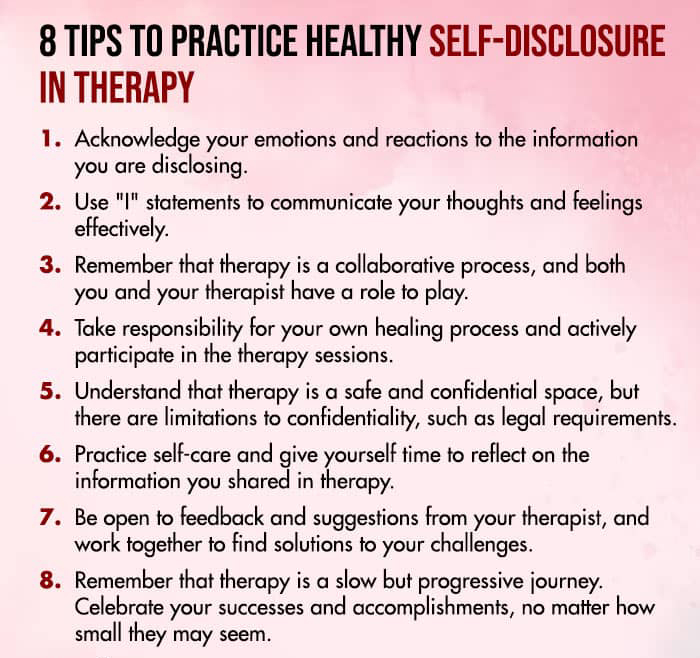
Takeaway
Healthy self-disclosure can be a helpful tool for building intimacy, developing trust, and strengthening relationships. But maladaptive self-disclosure can have long-term social and mental health consequences for the disclosing person and others around him/her. Therefore, it is important to practice healthy self-disclosure by striking a balance between being open and sharing appropriate information while also respecting boundaries and maintaining appropriate levels of privacy.
At A Glance
- Self-disclosure is the act of revealing personal information about oneself to others.
- It can include details about one’s thoughts, feelings, beliefs, experiences, and behaviors.
- Self-disclosure can occur through various forms of communication, including verbal, nonverbal, and written expression.
- Self-disclosure is associated with positive self-esteem and a desire for social connection and acceptance.
- Practicing healthy self-disclosure can lead to greater mental well-being, happiness, and life satisfaction.
- Negative self-disclosure brings long-term social and mental health consequences for the person who is disclosing and those around them.
Frequently Asked Questions (FAQs)
1. Why is self-disclosure so important?
Self-disclosure plays a key role in forming strong interpersonal relationships and fostering social cohesion.
2. What is self-disclosure in personality traits?
Self-disclosure is a common character trait in people with extroverted personalities. However, maladaptive self-disclosure is a behavioral trait in people with low self-esteem and poor mental health conditions like dependent personality disorder, depression, and social media addiction.
3. What are the four kinds of self-disclosure?
There are four main types of self-disclosures include accidental, unavoidable, client-initiated, and deliberate self-disclosure.
4. What is the biggest risk of self-disclosure?
The biggest risk of self-disclosure involves over-sharing and the fear that the person at the receiving end of the information, will not respond to it favorably.
5. What factors should you consider when self-disclosing?
We should consider factors like personal qualities, perceived commonality or differences, and certain situational cues during any self-disclosing process.

